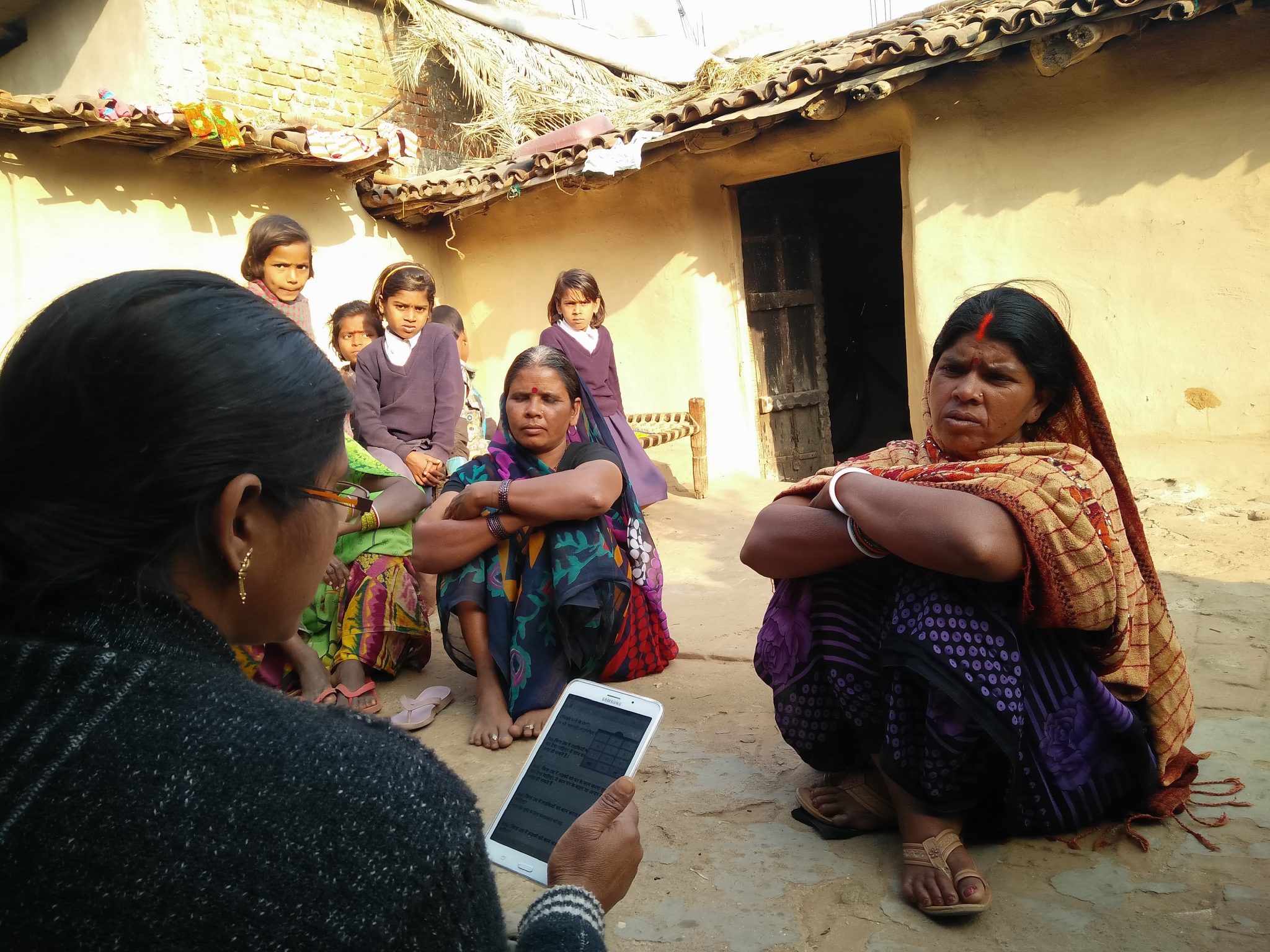Blog Details
India is home to one of the most diverse populations in the world in terms of language, culture, class, race and ethnicity. Formulating policy and tailoring interventions that are suited to the diverse needs of this country is a mammoth task. However, it is important to note that the problem essentially lies in ensuring that these interventions targeted towards social welfare achieve their desired aim. In such a situation, monitoring and evaluation of these programmes becomes a necessity in order to gauge their impact. The use of technology to conduct these social audits has made the process easier to an extent, however the expertise of using social audit tools continues to be pose a problem.
Social auditing ensures that problems and shortcomings within social interventions are identified in the early stages of the project. The main aim of social auditing is to improve the intervention, provide a comparative analysis of progress with other policy interventions, identify faults within the intervention and to publish the results of data collected from impact that is verifiable, measurable, accurate and reliable. Simply put, auditing of social interventions make sure that an intervention has the impact it set out to achieve.
Research interventions need to be conducted on a large scale. Subsequently, it is important for the pioneers of these interventions to evaluate the outcomes in order to better monitor the progress of these programs. Statistical analyses of programmes, whether government aided or private, becomes imperative to determine their potential efficacy and to identify the loopholes in the existing interventions. The need for social audits of government aided programs was made mandatory in the 2005 Rural Employment Act.
However, processes of social auditing are time intensive and more often than not neglected in the process of social research. This is because these exercises are large scale and usually very expensive. Many of the NGO’s, not-for-profits and even government organisations that lack funding and are cash strapped are reluctant about conducting evaluations of their interventions. Therefore, evaluations exercises are conducted once or maybe twice a year, if at all. Many organisations are now resorting to third party auditors to measure impact and conduct evaluations. However, that is not always an economically viable option.
In the present day and age, technology can be leveraged to conduct social audits. However, the problem lies in the lack of technical knowhow by the researchers conducting these interventions. Tools for conducting surveys and creating reports are aplenty, but very often, these tools are complicated and require knowledge of coding. For organisations that are already cash strapped, this acts as a major deterrent. It is an investment of time and cost that these organisations cannot afford. There is a dire need for simpler and more user friendly tools that can cater to the needs of small organisations that cannot afford cost intensive social audits.
Simpler tools not only provide the benefit of making the process of conducting social audits easy, but give validation to their work by supplementing it with strong reliable numbers. In doing so, these tools are multifunctional in enabling these organisations to seek funding to improve their work, and by making them more visible.
Social auditing of interventions is a necessity of research that cannot be avoided. The need of the hour is for more researchers to realise this imperative and adopt methods to help in this process of social auditing.








David Angel Makel
IT ConsultantIt is a long established fact that a reader will be distracted by the readable content page looking at its layout point of using normal